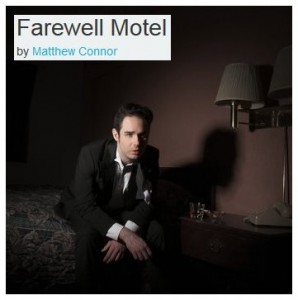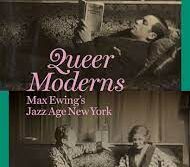 Framed Butterflies
Framed Butterflies
by Raad Rahman
Bard College Press. 247 pages, $7.99
This novel is about two young Bangladeshi women, Nisaa and Maryam, who come from families with close ties, have grown up with each other, and begin an illicit relationship. The affair is discovered by their parents, who are shocked and disgusted. Nisaa, the narrator of the story, is sent away to India to continue her education far from her family’s gaze. Maryam is forced to marry a man she cannot love and later bears his children. The story follows the narrator’s life as she drifts from place to place, not knowing what she wants or who she wants it with. She rejects her American boyfriend and then lets him back into her life only to dump him again after seeing Maryam once more. This confusion is mirrored in the book’s structure, which takes us backwards in time to the moment the pair discovered their mutual passion and from there meanders through to its conclusion, mixing thematic strands and taking detours that threaten to derail both Nisaa’s life and the plot of the novel. Maryam is more consistent but also more delusional. Outwardly, she’s the conventional good Muslim wife and mother, but secretly she’s having an affair with the maid and still desires Nisaa. In short, she’s trapped by her inability to change and by the rigidity of society. It is Nisaa who’s the ticking time bomb to the Bangladeshi status quo: she’s a chameleon and a survivor with ties to the West—a foreigner, a lesbian, an independent woman—whose main limitation is her state of confusion as she negotiates her various roles in life.
Ken Ford-Powell
 Farewell Motel
Farewell Motel
Album by Matthew Connor
Once the lead singer of an electro-pop band called Provocateur and now a crooner with an Elvis-like baritone, Matthew Connor is a performer of considerable range and panache. A native of Birmingham, Alabama, Connor spent his youth in the South but, as a self-described “queer kid,” always felt like an outsider. So he bade Dixie adieu, moved to Boston, and released his debut album Farewell Motel. The video for “How is July Already Over” (a nominee for Music Video of the Year at the Boston Music Awards and available on YouTube) features Connor in a white tuxedo, involved in a pas de deux with actor Hunter Canning. In an interview, Connor told me that he enjoys the autonomy of being a solo artist: “I’m very much a control freak, so being able to write, produce, record, perform, and oversee every element of how I present myself from start to finish is a huge thing for me.” His powers of self-fashioning could be the most compelling thing about Connor, who felt that Farewell Motel needed to be sung in an old-fashioned style. “Smoke Signals” is the paradigmatic track, since Connor’s vocals don’t so much resound but waft, like a smoke ring, evoking the great k.d. lang and her cigarette-inspired Drag of 1997. “After the Show” picks up the pace with a more contemporary tempo, and it’s one that should carry Connor into new musical vistas. He assured me that there is nothing “retro” about his forthcoming music. “Farewell Motel” may feel old-timey, but taut and elegant, it’s channeling somebody or some thing.
Colin Carman





